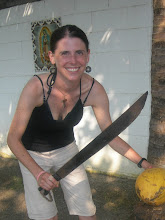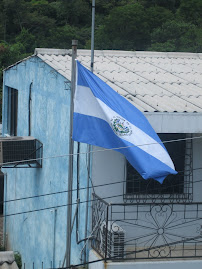

I am part of a group of 4 people responsible for planning the readings, reflections, prayers, and songs every Thursday for the Hora Santa (an hour where people honor the Monstrance). We have been picking themes each time, themes with a certain degree of content. For instance, we have done the theme of peace (focused on how true peace cannot exist without justice), faith (focused on how faith is empty if it is not accompanied by works), and the Reign of God (focused on how we are called to work towards achieving the Reign of God here on Earth).
It was just this Thursday that we focused on the Reign of God. The reading we chose was from the Gospel of Luke, 17:20-21, which says, “Some Pharisees asked Jesus when the Kingdom of God would come. His answer was, ‘The Kingdom of God does not come in such a way as to be seen. No one will say, ‘Look, here it is!’ or ‘There it is!’; because the Kingdom of God is within you.’” The Kingdom of God, therefore, is not a destination but is present in each of us because Christ lives within us. I led the reflection after this reading, although I was nervous to speak in Spanish without notes in front of me. I think my face got kind of red out of nervousness. Anyway, I asked everyone there to look into the eyes of the person next to them, to look deep into their eyes because eyes are the window to our soul. It is within our soul that there exists a light which is Christ, making us sacraments (or encounters with Christ), just as the Monstrance is a form of the sacramental Christ. In being temples of Christ, we each have dignity, and it is in recognizing and honoring this dignity in each of us that we begin the construction of the Reign of God.
The reflection didn’t go exactly as planned in my mind because people did not want to look into each other's eyes. They all just remained looking at me. It could be a cultural discomfort, but I think it is unfortunate that in prayer, people have the habit of only looking up into the sky or down at their feet. Why don’t we look at each other? Each of us is a prayer. We are each sacred.









